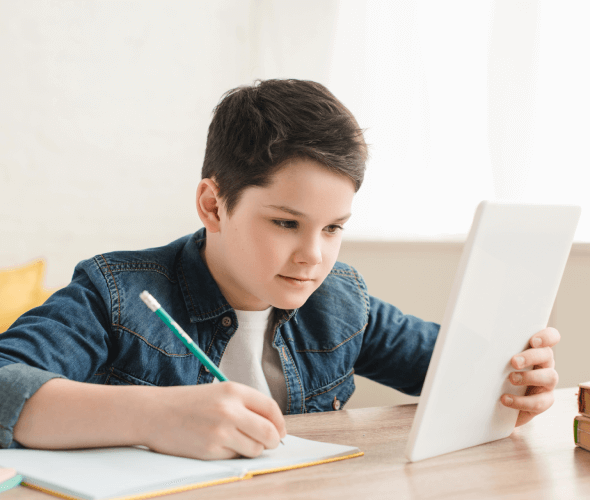At Queen’s School, our Key Stage 3 Citizenship & Wellbeing curriculum is designed to equip students with the knowledge, skills, and values needed to become responsible, informed, and active members of society. This programme blends citizenship education, which focuses on democracy, rights, and responsibilities, with personal wellbeing, which supports mental health, resilience, and personal development.

Through engaging discussions, debates, and real-life case studies, students will explore important topics such as government and politics, justice, human rights, financial literacy, personal identity, and healthy relationships. Our curriculum fosters critical thinking, empathy, and self-awareness, ensuring students develop the confidence to navigate personal and societal challenges.
The Key Stage 3 Citizenship & Wellbeing curriculum is structured to help students understand the world around them and develop the personal skills needed for a healthy and fulfilling life. The curriculum ensures students: